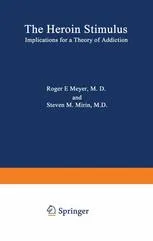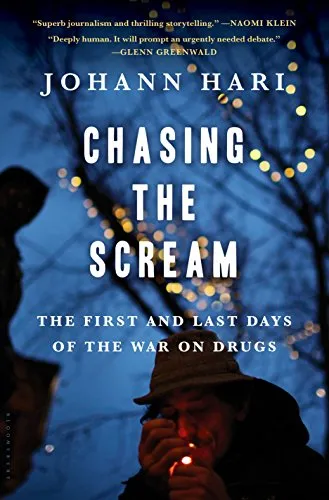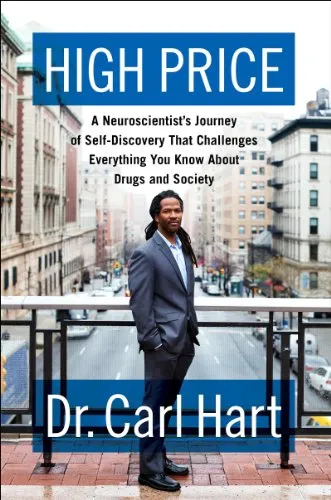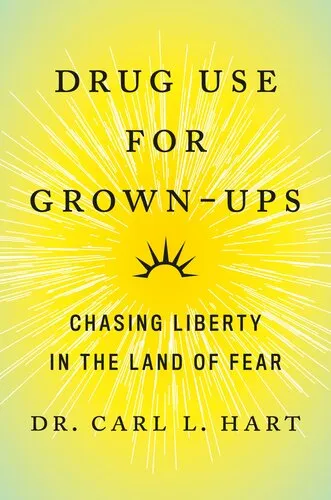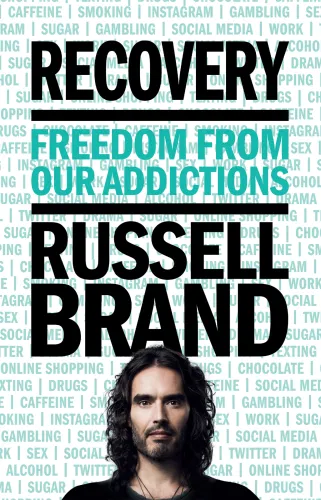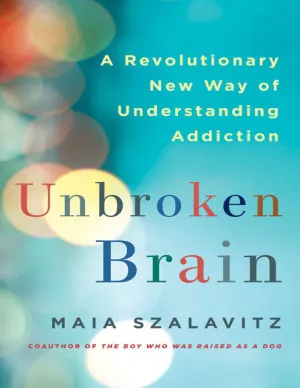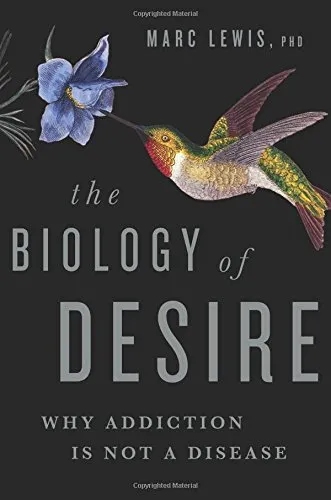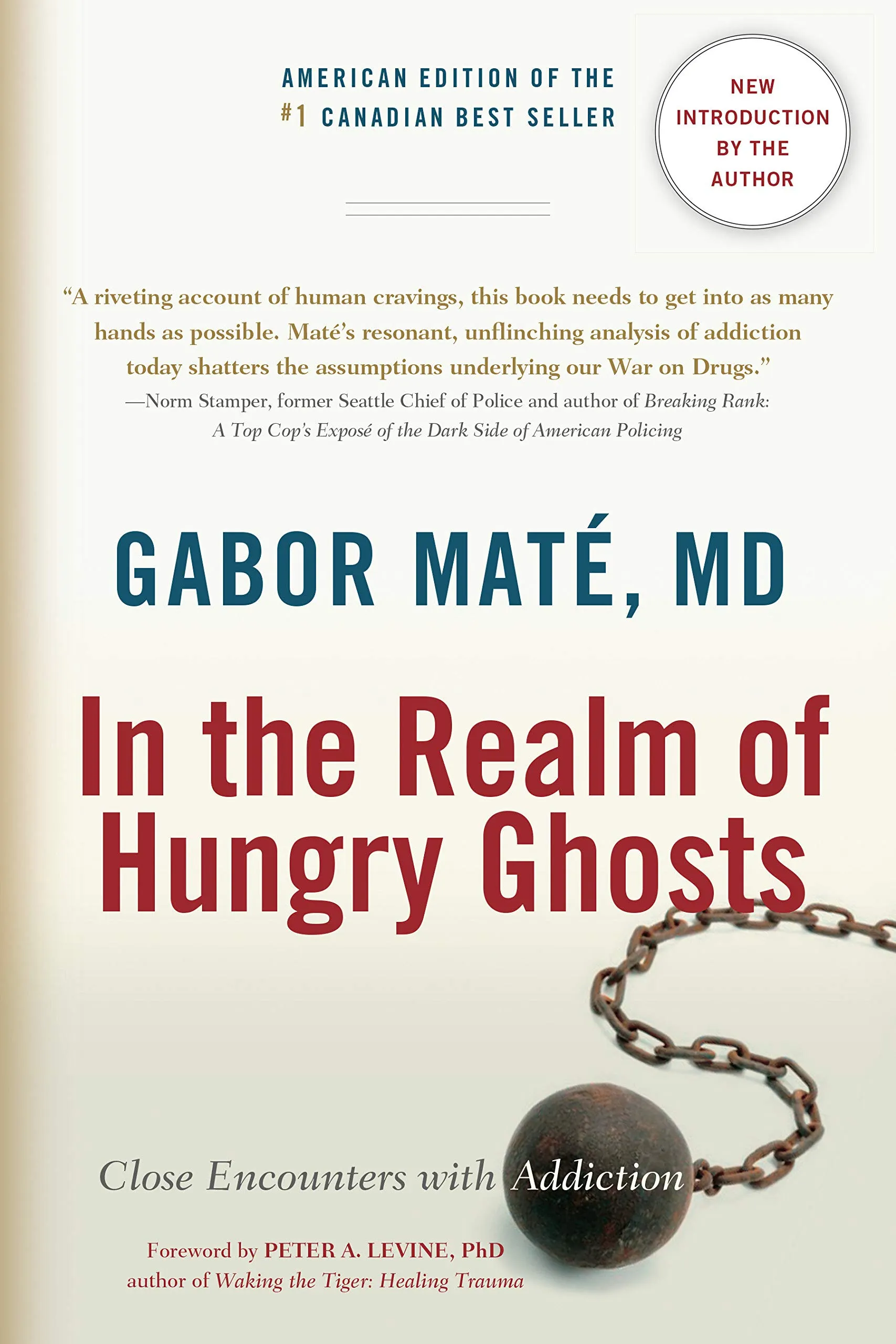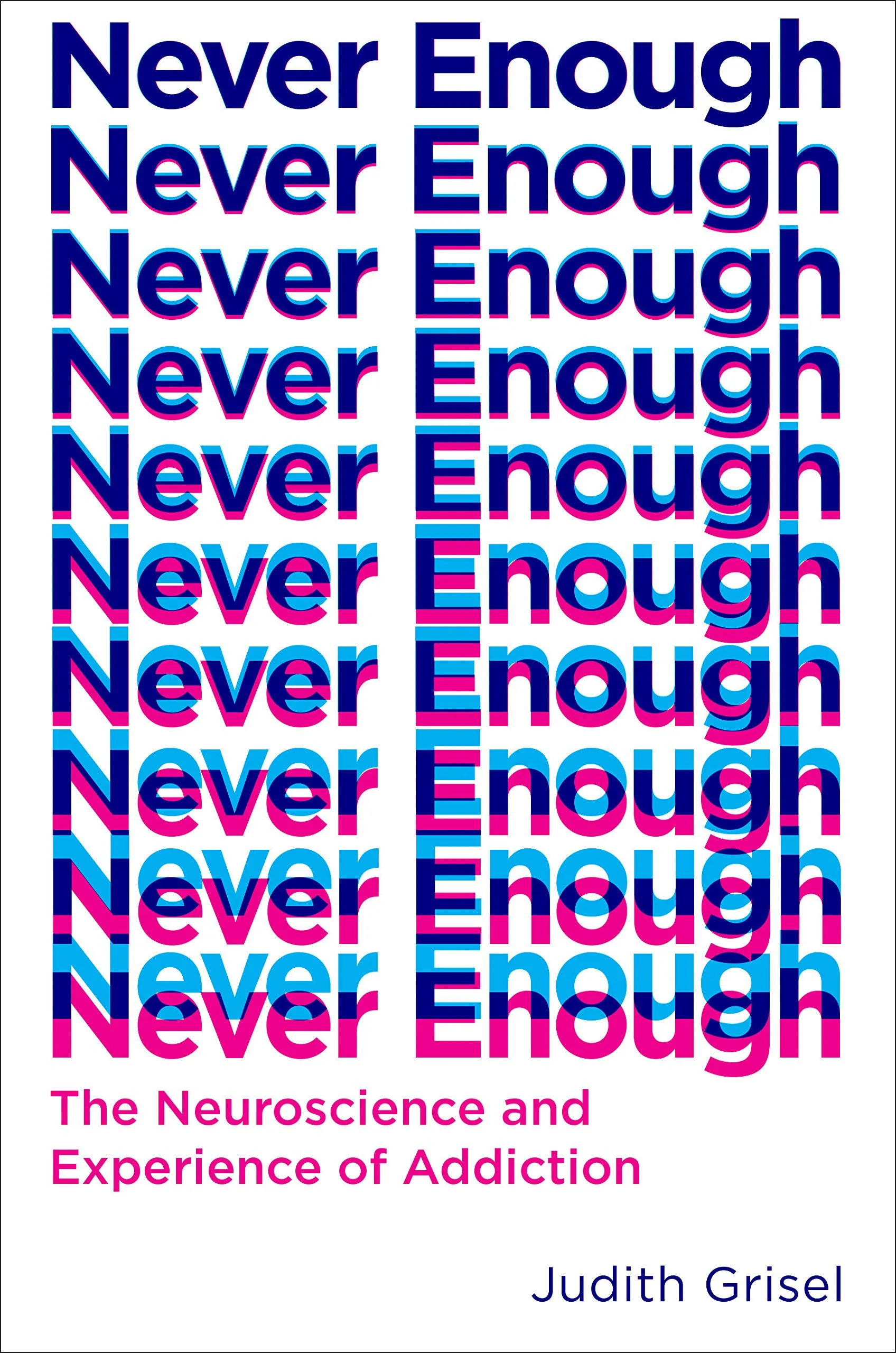The Heroin Stimulus: Implications for a Theory of Addiction
4.0
بر اساس نظر کاربران

شما میتونید سوالاتتون در باره کتاب رو از هوش مصنوعیش بعد از ورود بپرسید
هر دانلود یا پرسش از هوش مصنوعی 2 امتیاز لازم دارد، برای بدست آوردن امتیاز رایگان، به صفحه ی راهنمای امتیازات سر بزنید و یک سری کار ارزشمند انجام بدینکتاب های مرتبط:
معرفی کتاب «The Heroin Stimulus: Implications for a Theory of Addiction»
کتاب «The Heroin Stimulus: Implications for a Theory of Addiction» اثر «Roger E. Meyer M.D.» و «Steven M. Mirin M.D.» به بررسی عمیق نظریات موجود درباره اعتیاد و بهویژه نقش هیروئین در این زمینه میپردازد. این کتاب با استفاده از تحقیقات علمی و تجربیات بالینی درکی جامع از مکانیسمهای روانشناختی و زیستشناختی اعتیاد ارائه میدهد.
خلاصهای از کتاب
کتاب به بررسی نحوه تأثیرگذاری هیروئین بهعنوان یک Stimulus بر ذهن و بدن انسان میپردازد. نویسندگان از طریق تحلیلهای دقیق و دادههای تجربی، نگاهی جامعی به چگونگی تعاملات فیزیولوژیک و روانشناختی میاندازند که افراد را مستعد اعتیاد به مواد میکند. تأکید این کتاب بر نقش محرکهای خارجی مانند هیروئین در ایجاد واکنشهای قوی روانشناختی است که از رفتارهای اعتیادی حمایت میکنند.
نکات کلیدی
- هیروئین بهعنوان یک محرک قوی، میتواند تغییرات ماندگاری در سیستم عصبی مرکزی ایجاد کند.
- تأثیرات بلندمدت هیروئین بر روان انسان ممکن است فراتر از تظاهرات جسمانی آن باشد.
- محرکهای محیطی میتوانند درک و سنجش فرد از لذت و درد را بهطور چشمگیری تغییر دهند.
- عوامل زیستشناختی و روانشناختی بهصورتی پیچیده با هم تعامل دارند تا الگوی اعتیاد شکل بگیرد.
جملات معروف از کتاب
"Understanding the comprehensive impact of heroin as a stimulus is crucial in developing effective addiction therapies."
"The path to addiction is often paved by the interplay between biological predispositions and environmental provocations."
چرا این کتاب مهم است
این کتاب با اتصال تئوریهای علمی و شواهد واقعی، ابزاری قدرتمند برای پژوشگران، دانشجویان و متخصصان حوزه بهداشت روان فراهم میکند. اهمیت کتاب در رویکرد چندلایه و بینرشتهای آن به موضوع اعتیاد است که کمک میکند تا فهم عمیقتری از اثرات مخرب و روشهای مداخلهای نوین بدست آید. این اثر بهویژه با تمرکز بر هیروئین، بهعنوان یکی از قویترین محرکهای سوءمصرف مواد، اطلاعاتی بینظیر و تحلیلهای دقیق را در اختیار خوانندگان قرار میدهد.
با مطالعه این کتاب، خوانندگان میتوانند به درک عمیقتری از پیچیدگیهای اعتیاد و نقش عوامل محیطی، روانی و زیستی دست یابند که همگی در شکلگیری و تقویت رفتارهای اعتیادی سهیم هستند.
Introduction to "The Heroin Stimulus: Implications for a Theory of Addiction"
In "The Heroin Stimulus: Implications for a Theory of Addiction," authors Roger E. Meyer M.D. and Steven M. Mirin M.D. explore the intricate pathways of addiction with a particular focus on heroin. This book delves into the psychological, physiological, and sociological aspects of narcotic dependence, aiming to provide a comprehensive theory of addiction.
Detailed Summary of the Book
"The Heroin Stimulus" sets out to challenge and expand the existing understanding of addiction by thoroughly analyzing heroin dependency. It provides an insightful review of historical data, case studies, and scientific research aimed at comprehensively understanding the nature of addiction. The authors explore the role of heroin as not just a substance of abuse but as a critical element in the broader spectrum of addictive behaviors. By addressing key aspects such as environmental triggers, psychological conditions, and neurobiological mechanisms, this book attempts to redefine how addiction is perceived and treated.
A significant portion of the book is dedicated to unraveling the neurochemical processes induced by heroin use and how these contribute to the compulsion to use the drug. Meyer and Mirin systematically discuss the dopaminergic systems, reward pathways, and changes in brain structure and function resulting from prolonged heroin use. In parallel, the authors examine sociocultural factors, such as socioeconomic backgrounds and peer influences, that often contribute to the initiation and perpetuation of heroin addiction.
Key Takeaways
- Understanding addiction requires a multifaceted approach that considers psychological, neurological, and sociocultural dimensions.
- Heroin use triggers specific brain mechanisms that reinforce compulsive behavior, exemplifying the difficulty in overcoming addiction.
- Sociocultural factors play a critical role in the development and maintenance of heroin addiction.
- Interventions should target not just the individual but also the broader environment that influences addictive behaviors.
- Identifying and modifying stimulus cues in an addict's environment can be a crucial part of effective treatment strategies.
Famous Quotes from the Book
"Addiction is not merely a pursuit of pleasure but often an escape from pain."
"The environment in which a person uses heroin can strengthen the addiction as much as the drug itself."
Why This Book Matters
The importance of "The Heroin Stimulus" lies in its pioneering exploration of addiction from an interdisciplinary perspective. By combining insights from psychiatry, neuroscience, and sociology, Meyer and Mirin provide a holistic framework that encourages professionals across various fields to reconsider their approaches to addiction treatment. This book is particularly relevant today, as the opioid crisis continues to be a significant public health issue worldwide. It offers not only a theoretical foundation but also practical implications for developing more effective intervention strategies.
The detailed examination of heroin as a stimulus further emphasizes the need to understand addiction as a complex interaction between drug effects and personal and environmental factors. As such, "The Heroin Stimulus" is a critical text for researchers, clinicians, policymakers, and anyone interested in gaining a deeper understanding of one of society's most challenging health issues.
دانلود رایگان مستقیم
شما میتونید سوالاتتون در باره کتاب رو از هوش مصنوعیش بعد از ورود بپرسید
دسترسی به کتابها از طریق پلتفرمهای قانونی و کتابخانههای عمومی نه تنها از حقوق نویسندگان و ناشران حمایت میکند، بلکه به پایداری فرهنگ کتابخوانی نیز کمک میرساند. پیش از دانلود، لحظهای به بررسی این گزینهها فکر کنید.
این کتاب رو در پلتفرم های دیگه ببینید
WorldCat به شما کمک میکنه تا کتاب ها رو در کتابخانه های سراسر دنیا پیدا کنید
امتیازها، نظرات تخصصی و صحبت ها درباره کتاب را در Goodreads ببینید
کتابهای کمیاب یا دست دوم را در AbeBooks پیدا کنید و بخرید
1400
بازدید4.0
امتیاز0
نظر98%
رضایتنظرات:
4.0
بر اساس 0 نظر کاربران
Questions & Answers
Ask questions about this book or help others by answering
No questions yet. Be the first to ask!
